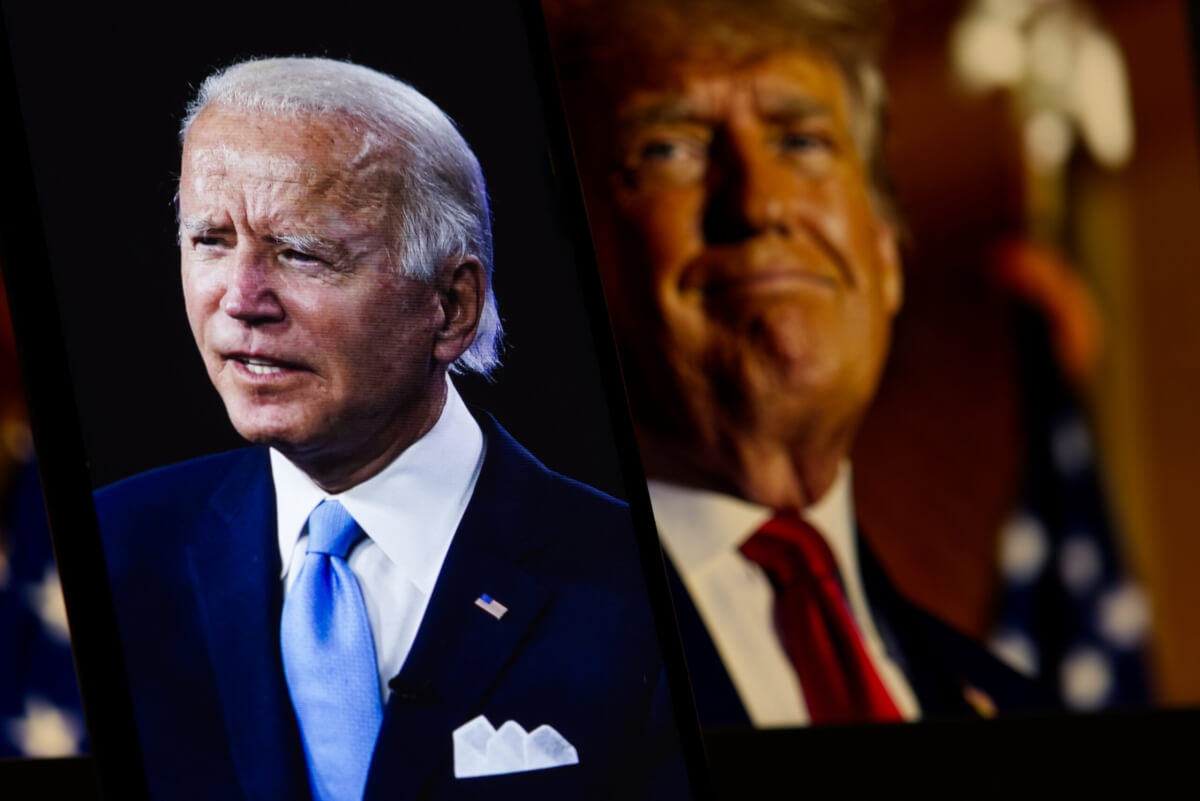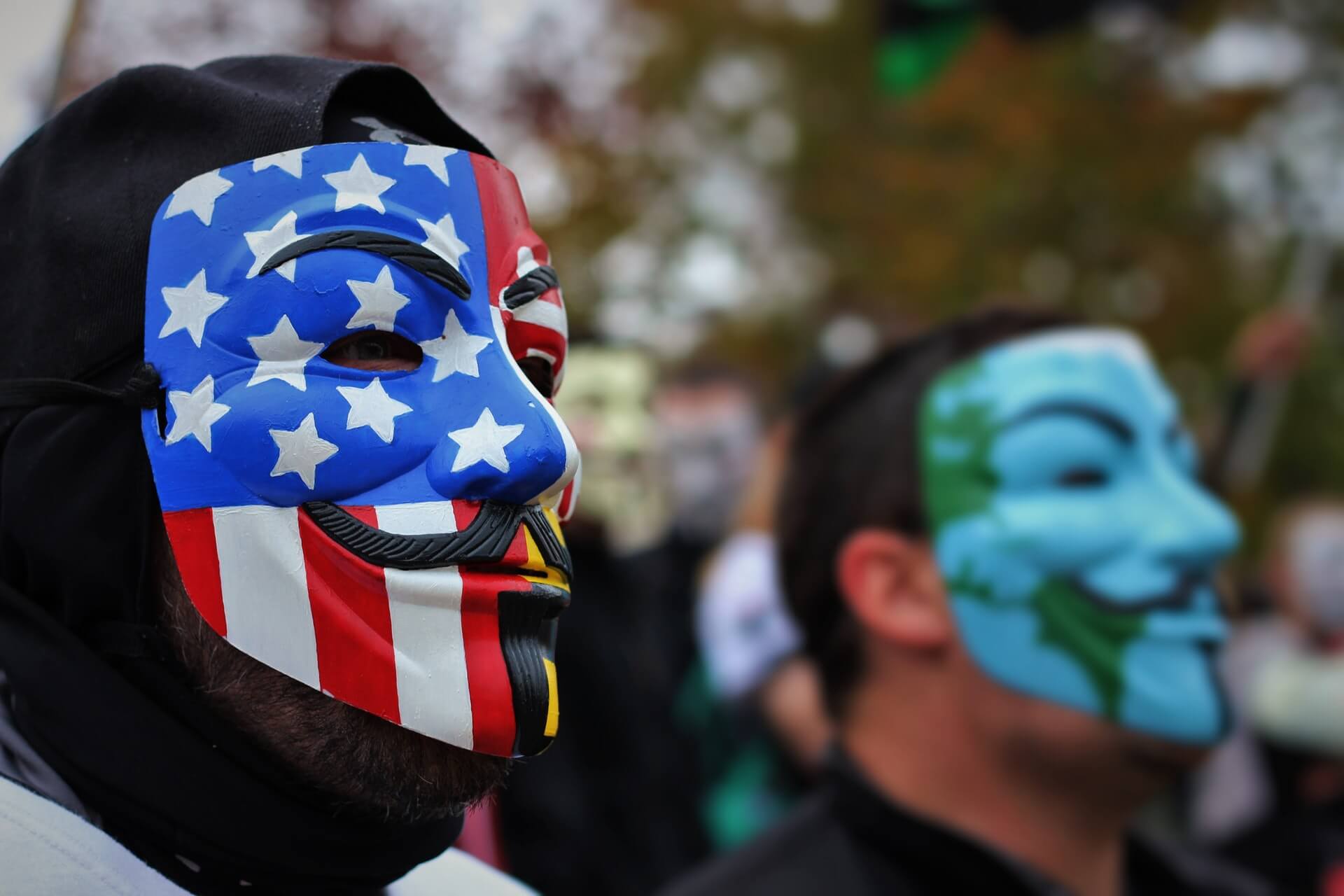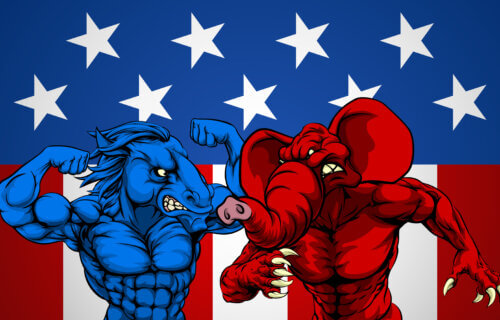EAST LANSING, Mich. — Politics has divided friends, families, and an entire nation. There’s not a day that goes by when polarizing political posts and stories occupy news networks. Seemingly, every time users log into Facebook or X (formerly Twitter), political conversations usually rule the roost within their feeds. Countless people think their viewpoint is correct without any hope for an actual conversation. But why do people constantly get into heated arguments over differing political views? Researchers from Michigan State University believe they have found the answer. The more confident you feel about your ability to understand and participate in politics, the more likely you are to have these partisan animosities.
The study, published in the journal Public Opinion Quarterly, looked at survey data from 1,000 Americans. Researchers found that people with higher levels of “internal political efficacy” — basically, confidence in their political knowledge and capabilities — tended to dislike the opposing party much more. Having sky-high political self-confidence was linked to a nine-point jump (on a 100-point scale) in negative feelings toward the other party compared to those with very low political confidence. This confidence didn’t make people like their own party more — it just fueled negativity toward political opponents.
“We usually think that it is a good thing to feel confident about your abilities,” says study co-author Jennifer Wolak, professor in Michigan State University’s Department of Political Science in the College of Social Science, in a media release. “People who believe they can make a difference in politics tend to be good citizens — they keep up with current events and participate in elections. In this research, we highlight the dark side of political self-confidence. When people feel self-assured about their political abilities, they are closed-minded, hostile and ready to discriminate against those who do not share their political views.”

Why does this happen? Michigan State researchers say we are more likely to see the opposing side as a threat and more adversarial toward them when we feel very assured about our political knowledge. If someone challenges our view, it feels like they’re questioning our political expertise. Because of that, we get defensive and lash out by disparaging the other side rather than engaging with or trying to understand their perspective.
On the other end of the spectrum, researchers discovered people in the study who were less sure of their political know-how were more open to maintaining relationships with those they disagree with politically. They were less likely to “unfriend” people over politics on social media. In an experiment, the less politically confident people were also much less accepting of partisan discrimination in a hypothetical hiring scenario for an internship. So, while we typically think of political confidence as a good thing that empowers people to get involved, it may also come with more intolerance for political differences.
What piqued the team’s interest is that they found that these effects were specific to confidence in the political domain. People’s general self-esteem and feelings of self-worth outside of politics did not show the same relationship with partisan hostility. In fact, high self-esteem was actually linked to more openness to connecting with political opponents and less acceptance of discrimination based on partisan ties. So it’s really people’s certainty about their political acumen, in particular, that seems to drive this animosity toward the other side.

“Some people are deeply engaged in politics — they watch the news every day, follow political content on social media and talk about current events with friends and family. Other people rarely think about politics at all,” explains Wolak. “While these folks are less politically assertive, they are much more willing to spend time with people who disagree with them. They are also much less likely to engage in partisan discrimination.”
The study provides some intriguing insights into the psychological factors behind our divided political climate. Even among people with the same partisan identity, individuals vary quite a bit in how negatively they feel toward the other party.
This research suggests that one key ingredient is how confident we feel when we engage in political thought and discussion. When we see ourselves as political experts and authorities, we’re more threatened by those who dare to disagree. However, taking a more humble approach and recognizing the limitations and blindspots in our political understanding might help us be a bit more tolerant of differences. At the end of the day, we could all benefit from a little more curiosity, nuance, and openness in our political conversations.
